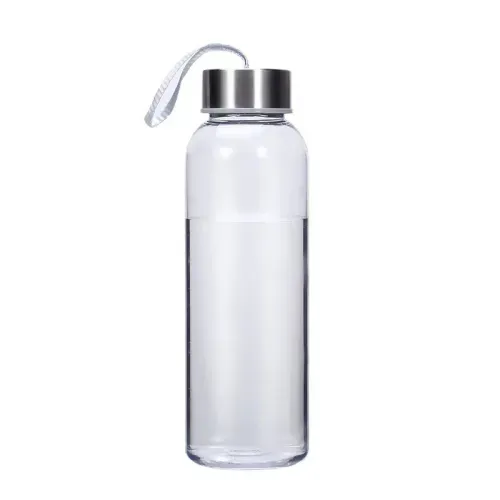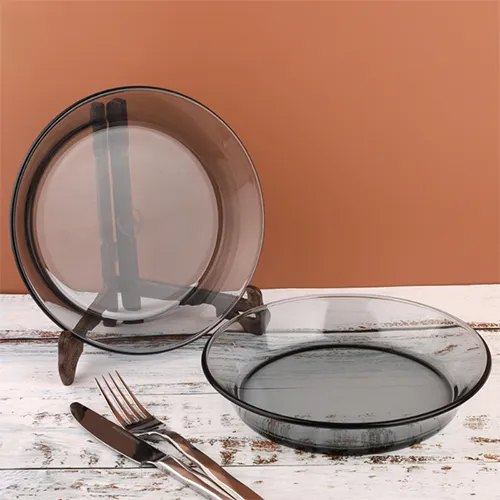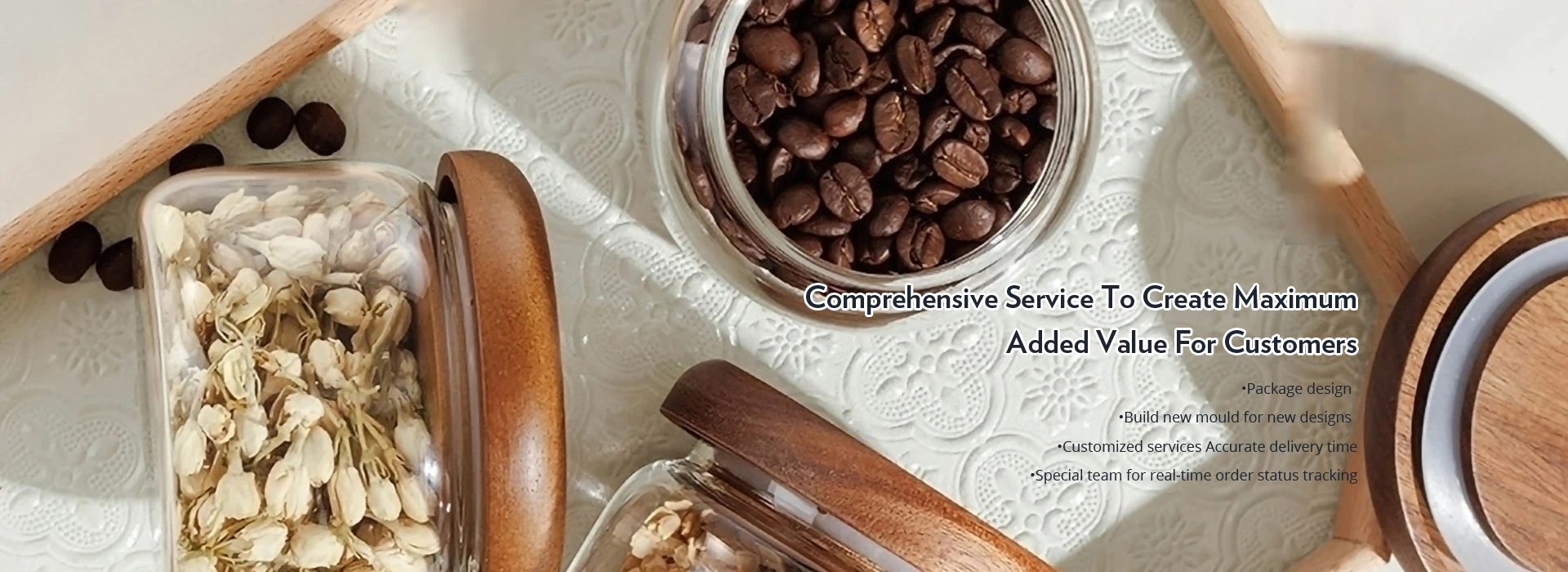One of the primary benefits of AirSeal containers is their ability to create a hermetic seal. This airtight technology is critical for the preservation of perishable goods, pharmaceuticals, and sensitive electronic components. By significantly reducing the amount of oxygen and moisture inside the container, AirSeal technology minimizes the risk of spoilage, degradation, or contamination. For the food industry, this means longer shelf life and reduced waste, ultimately benefiting both manufacturers and consumers.
 Home
Home














